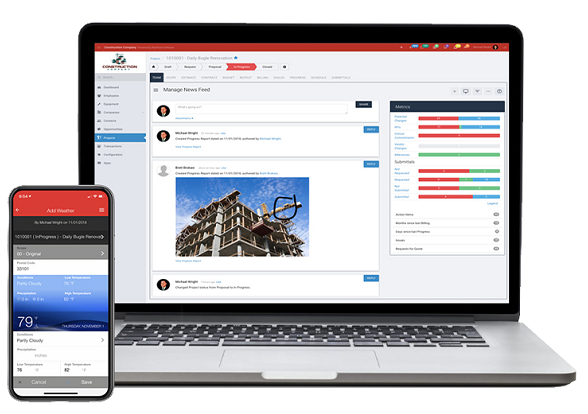In today’s world, cybercrime is an ever-present threat, but many people still think it’s only large corporations that are vulnerable. The truth is, cyber criminals increasingly prefer small businesses (SMBs), finding them to be much easier targets. Plumbing businesses, in particular, are at higher risk for cyberattacks due to a combination of factors.

Outdated Websites
Many small plumbing businesses have websites that were built years ago and have not been updated since. While these sites may still look functional, they often have security flaws that make them vulnerable to attacks. Hackers look for these weaknesses and can easily exploit them, gaining access to customer data, business information, or even using the site as a gateway to launch broader attacks.
When websites aren’t regularly maintained, they can miss critical updates that patch security vulnerabilities.
For small plumbing businesses, it’s essential to keep websites up to date. Even if they aren’t regularly used for transactions, an outdated website can become a liability.
Unmanaged IT Systems
Plumbing businesses are busy, and running a company takes a lot of time and effort. As a result, managing an IT system often falls by the wayside. Many plumbing businesses either have no dedicated IT staff or are simply too busy to stay on top of software updates, security patches, and regular maintenance.
The problem with an unmanaged IT system is that it leaves vulnerabilities that cyber criminals can exploit.
One solution to this issue is outsourced IT. Managed IT services can take care of software updates, security checks, and ongoing monitoring, offering small business owners peace of mind while allowing them to focus on what they do best—running their plumbing business.
Working On the Go
The nature of plumbing work means that plumbers are always on the go, often carrying mobile devices like phones and tablets to handle their day-to-day operations. These devices are crucial tools for managing business on the move, from sending invoices in real-time to handling customer queries and scheduling appointments. However, this reliance on mobile technology also introduces significant cybersecurity risks.
Mobile devices can become an easy entry point for cyber criminals when not properly secured. One common mistake is using unsecured Wi-Fi networks in public places like cafes or clients’ homes. Hackers can easily intercept data sent over unprotected networks, gaining access to sensitive business information such as customer details, payment information, or internal communications.
Another vulnerability occurs when devices are left unattended. It’s not uncommon for a plumber to leave their phone or tablet in a work truck or even lying around on a job site.
The solution here is twofold: plumbers need to be cautious when connecting to public Wi-Fi, and they should invest in proper security measures for their mobile devices. Strong passwords, biometric locks, and using a virtual private network (VPN) when on public Wi-Fi can significantly reduce the risk of cyberattacks on mobile devices.
Small plumbing businesses are prime targets for cyber criminals due to a combination of outdated websites, unmanaged IT systems, and the use of mobile devices on the go. While large corporations often have dedicated cybersecurity teams, many small businesses lack the resources or time to protect themselves adequately. However, by staying on top of website updates, considering outsourced IT services, and securing mobile devices, plumbing businesses can safeguard their operations and reduce the risk of falling victim to cybercrime. In today’s digital age, cybersecurity is not a luxury but a necessity for businesses of all sizes.




Join the conversation: